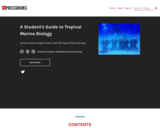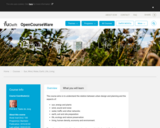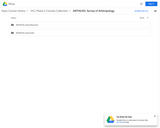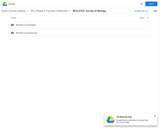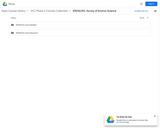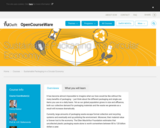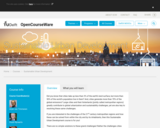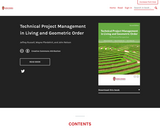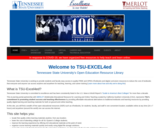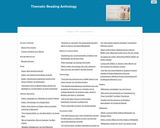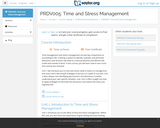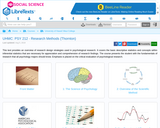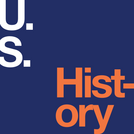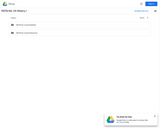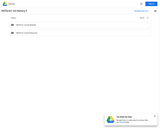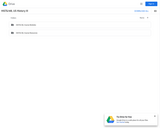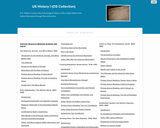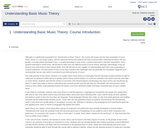
A Student’s Guide to Tropical Marine Biology is written entirely by students enrolled in the Keene State College Tropical Marine Biology course taught by Dr. Karen Cangialosi. Our goal was to investigate three main aspects of tropical marine biology: understanding the system, identifying problems, and evaluating solutions. Each of the sections contains chapters that utilize openly licensed material and images, and are rich with hyperlinks to other sources. Some of the most pressing tropical marine ecosystem issues are broken up into five sections: Coral Reefs and Diversity, Common Fishes to the Coral Reef, Environmental Threats, Reef Conservation, and Major Marine Phyla. These sections are not mutually exclusive; repetition in some content between chapters is intentional as we expect that users may not read the whole book. This work represents a unique collaborative process with many students across semesters authoring and editing, and therefore reflects the interests and intentions of a broad range of students, not one person’s ideas. This collaboration began with contributions from KSC students in the 2017 semester and includes work from the 2019 class, as well as new content and editorial work from 2017 & 2019 alumni. We look forward to future editions of this book. Enjoy exploring the rainforests of the sea through our collaborative project and please share with those who care!
- Subject:
- Applied Science
- Biology
- Environmental Science
- Life Science
- Oceanography
- Physical Science
- Material Type:
- Full Course
- Author:
- Alana Olendorf
- Allie Tolles
- Andrew Fuhs
- Audrey Boraski
- Bryce Chounard
- Christian Paparazzo
- Devon Audibert
- Emily Michaeles
- Emma Verville
- Haley Fantasia
- Haley Zanga
- Jaime Marsh
- Jason Charbonneau
- Jennifer Rosado
- Jessica Comeau
- Maddi Ouellette
- Malisa Rai
- Marisa Benjamin
- Mary Swain
- Melissa Wydra
- Morgan Tupper
- Sarah Larsen
- Simone McEwan
- Suki Graham
- Tim Brodeur
- Will Trautmann
- Date Added:
- 06/28/2023
